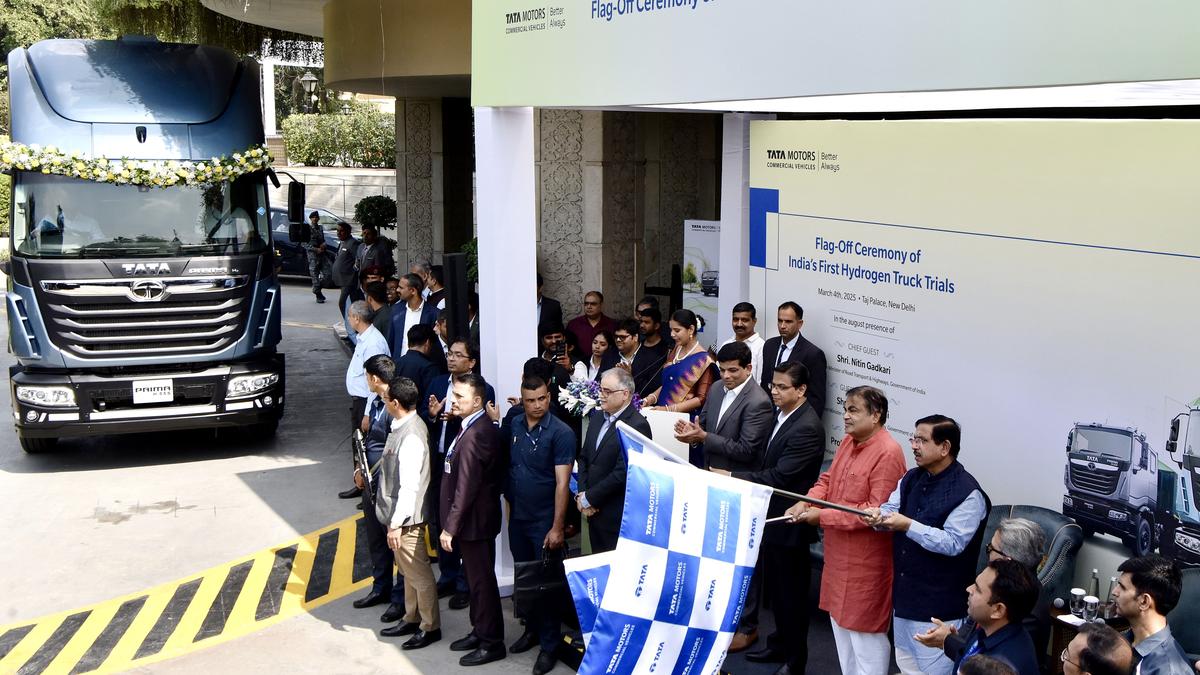)
Ramesh Mitragoti, Group Executive President – HR, Aditya Birla Group, D.P. Nambiar, Vice President-HR, TCS, Rajkamal Vempati, Head Human Resources, Axis Bank, Saba Adil, CHRO, Edelweiss Life Insurance at the BSmart HR Conclave, Mumbai on Aug 28, 2024
The role of human resources (HR) is rapidly evolving into a critical function within modern organisations, driven by the need for personalised employee solutions, technological advancements, and changing workplace dynamics. This consensus was reached among top HR executives from leading Indian companies at the Business Standard BSmart HR Conclave in Mumbai on Wednesday.
Adapting to a changing workforce
Also read: Skill gap widening as AI, automation advances: Experts at BSmart conclave
Saba Adil, chief human resources officer at Edelweiss Life Insurance, echoed the need for HR professionals to be proactive in understanding and addressing employee issues. “You have to keep reimagining the employee population,” she said, adding that HR is all about being responsive to the needs of employees and keeping pace with transformations at both the organisational and career levels.
Developing technology’s impact on HR
Ramesh Mitragoti, group executive president of HR at Aditya Birla Group, discussed the deepening impact of technology on job roles within organisations. He explained that while the core process of making products like cement has remained the same, automation has fundamentally changed how jobs are perceived.
“Each change in technology creates a change in the way a job role is looked at,” he noted, emphasising that while technology may not eliminate jobs, it will certainly redefine them, increasing productivity and creating new opportunities.
Mitragoti shared that Aditya Birla Group follows a forward-looking approach, identifying and developing necessary skills up to five years in advance. He cited the example of how the company is experimenting with tools like ChatGPT, where small-scale experiments have led to new opportunities within the organisation.
DP Nambiar, vice-president of HR at Tata Consultancy Service (TCS), acknowledged that while technology like AI is rapidly advancing, its adoption has not been as swift as anticipated. At TCS, the focus is on upskilling the workforce to stay ahead of the curve, he said.
“We have 450,000 employees who have been given requisite skills, including 395,000 on GenAI,” he said, emphasising that the goal is to complement the human brain rather than create unnecessary fears about technological disruption.
Remote-work debate
The panel also discussed the impact of remote work, particularly in the context of the Covid-19 pandemic. Nambiar shared that TCS transitioned 500,000 employees to remote work within eight weeks when the pandemic hit. While this shift did not impact efficiency, it raised concerns about new employees’ understanding of the company’s ethos and values.
Nambiar explained that these concerns, along with the need for employees to “fully experience TCS”, led to the decision to encourage a return to the office. “We felt there was a need to get our people back to offices so they can experience TCS for what it is,” he said, while noting that flexibility remains for those with genuine reasons to work remotely.
However, Vempati disagreed with Nambiar, noting that some roles at Axis Bank remain remote. She argued that the notion that employees are not working unless ‘seen by managers’ is outdated. Vempati emphasised that flexibility is not merely a benefit but an essential component of today’s workforce. “Workplace is not your couch or desktop. It’s your mobile,” she said, highlighting the need to build human-centred organisations that cater to the evolving aspirations of the workforce.
Meanwhile, Mitragoti observed that while working separately during the pandemic proved efficient for many organisations initially as pre-pandemic colleagues could work separately, it also led to a lack of rapport among new employees who had never met their colleagues in person.
The panel concluded that HR must continue to evolve, balancing the adoption of new technologies with the need for personalised employee solutions, while also adapting to the changing dynamics of the workplace, including the challenges and opportunities presented by remote work.
First Published: Aug 28 2024 | 8:30 PM IST









![Best Weight Loss Supplements [2022-23] New Reports!](https://technologytangle.com/wp-content/uploads/2022/12/p1-1170962-1670840878.png)




